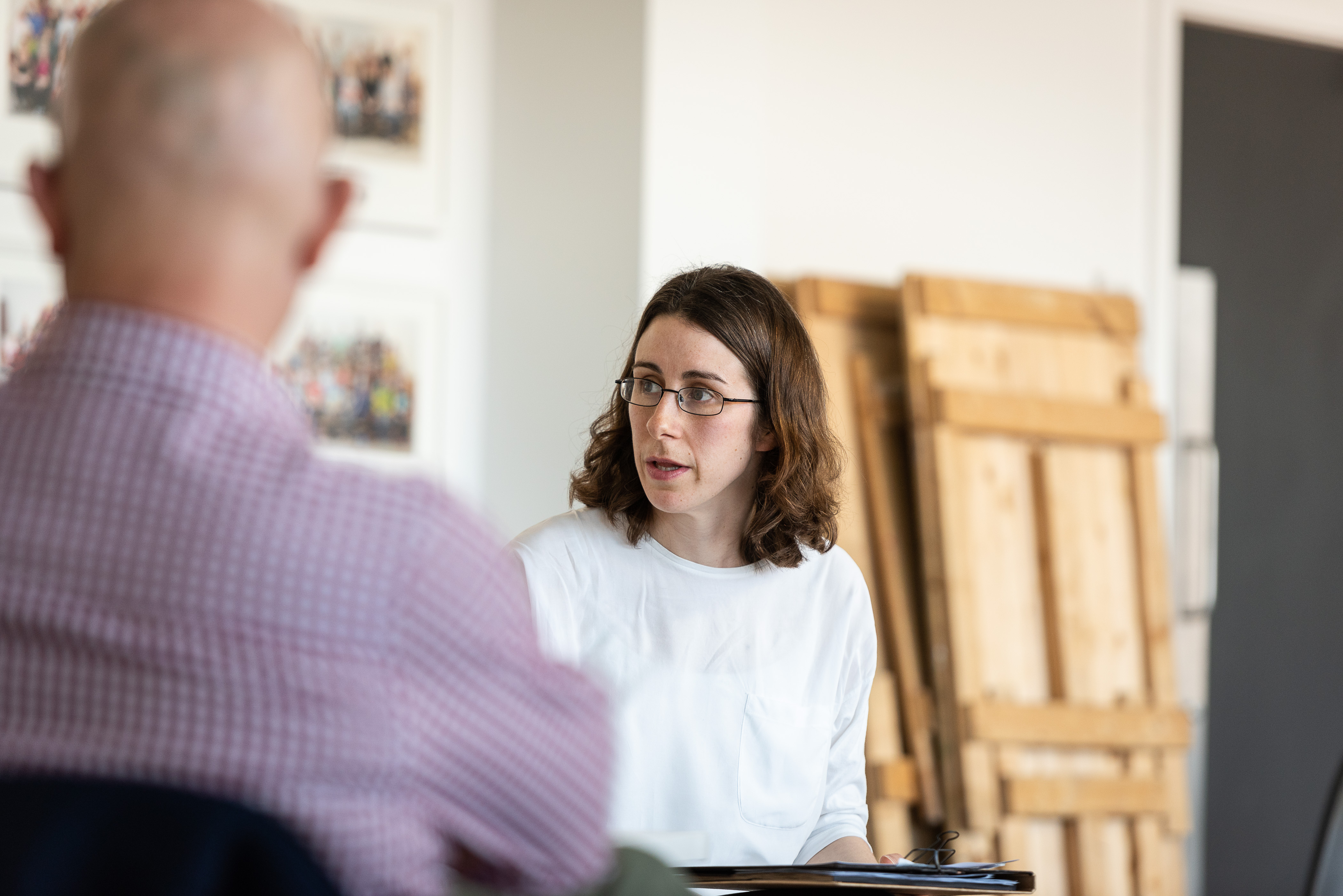My doctoral thesis critically analyses how the British Army exercises control over the production of knowledge about women’s war labour and how women exert agency to resist this. 2018 saw all British military roles opened to women, yet it is a myth to say that women are only now able to serve in ‘front line combat’. This study reveals the hitherto unseen cumulative effect of the discursive construction of campaign narratives, military femininities and ‘front line combat’ in explaining how the myth of women’s exclusion has been sustained. In locating women in ‘front line combat’, this research finds a sawtooth pattern with periods of increasing visibility followed immediately by their marginalisation. The thesis reveals a complex ordering to gender in the British Army, driven by military need. This negotiated gender order or ‘bargain’ between the British Army and servicewomen sees the latter controlled through their co-option, embodied by compliant military femininities, whilst permitting them some agency to resist. Sustaining the negotiated gender order has repeatedly seen women exposed to unnecessary risk. Through semi-structured interviews and archival records, I use a critical feminist discourse analysis to explore ‘women as counterinsurgents’ and their stories of ‘front line combat’. The male fighting force is visible and central to the story of the Malaya Emergency and yet women’s war labour has become invisible. In Northern Ireland, British Security Forces tried and failed to control the narrative of women’s participation to contain them as unarmed non-combatants. And in Afghanistan, Female Engagement Teams were visibly welcomed and invisibly undermined. This critical feminist history, spanning seventy years, demonstrates that women’s voices, as subjugated and situated knowledges, can be used to deconstruct gendered knowledge systems and bring about change through reconceptualising the ‘front line’ as somewhere with women. Using creative methods to re-remember my own military service, I embed my personal narrative throughout the thesis highlighting and exploring the things we cannot see when serving.
My doctoral research was funded by the Economic and Social Research Council (ESRC) as part of the South West Doctoral Training Partnership based at the University of Bath and supervised by Dr Oliver Walton (University of Bath) and Dr Sarah Bulmer (University of Exeter). I am due to commence an ESRC Postdoctoral Fellowship at the Cardiff University in October 2022 mentored by Dr Huw Bennett.
